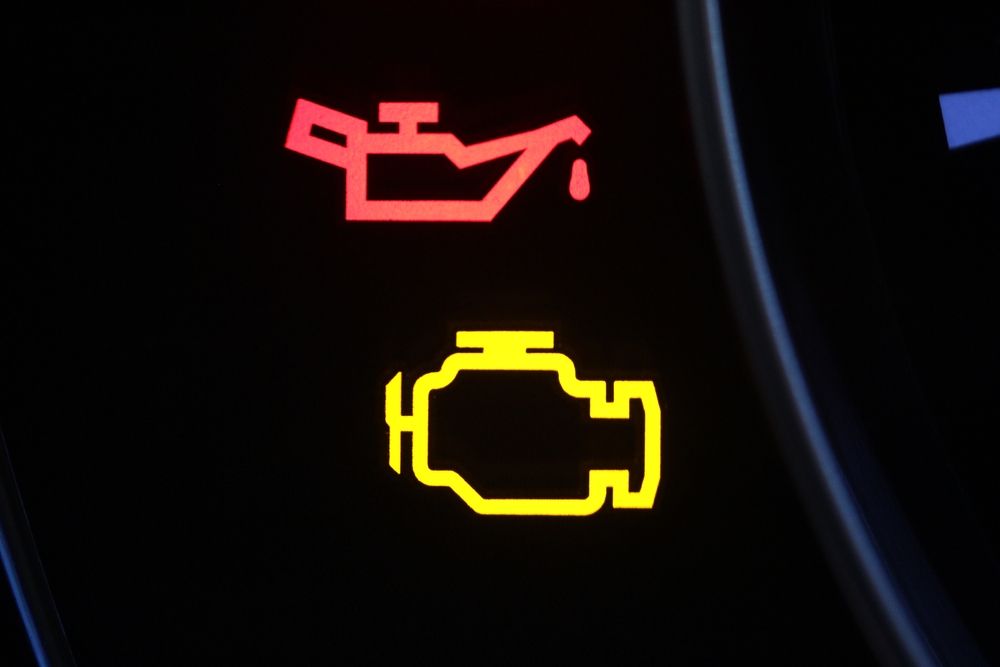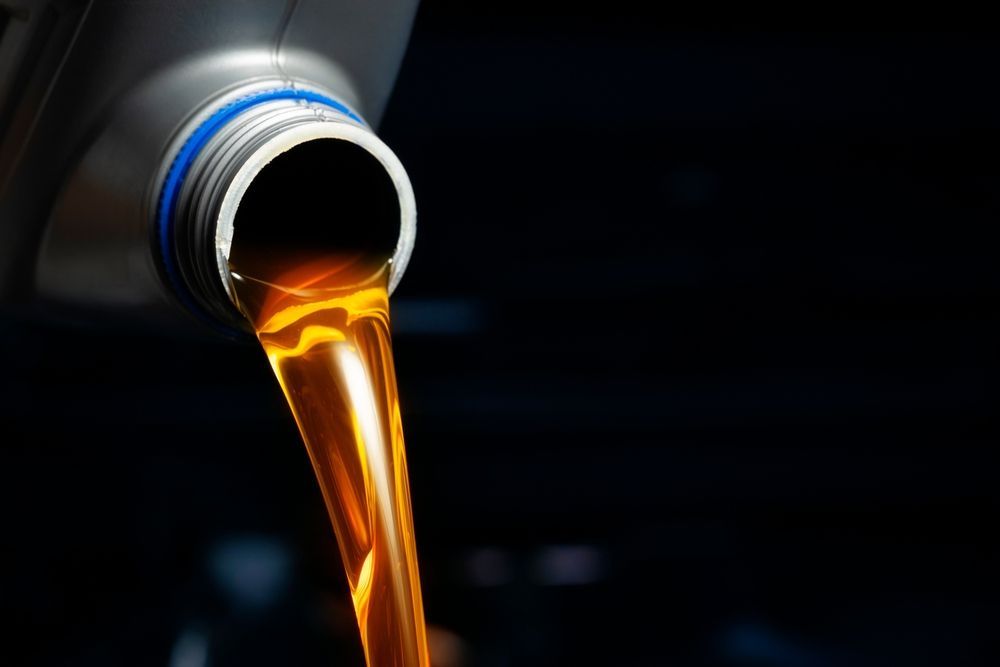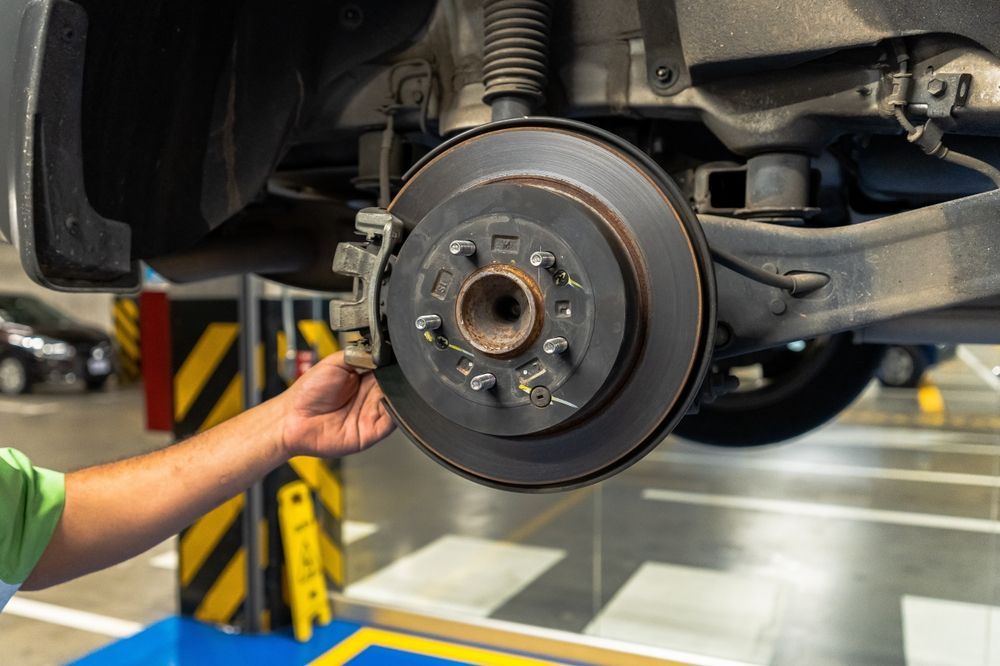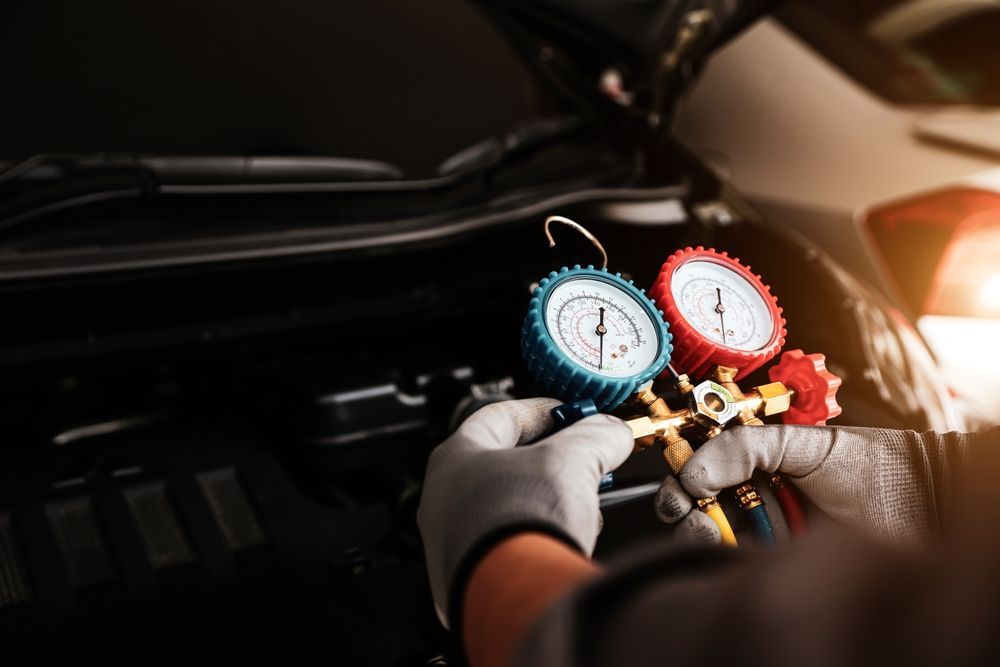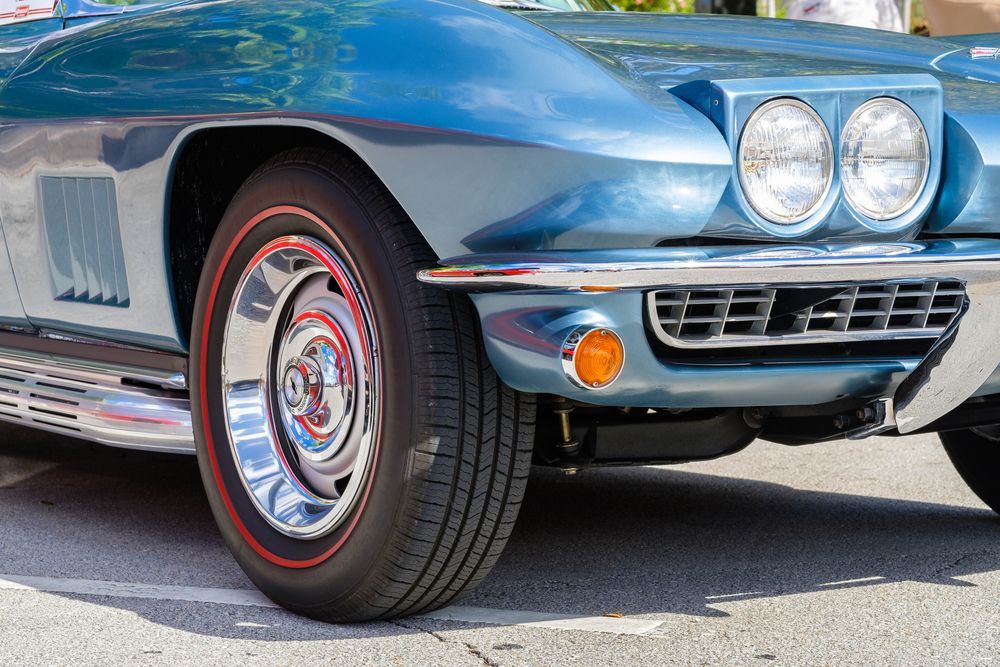How Often Should You Change Your Oil? We Break It Down
One of the most common questions car owners have is how often they should change their oil. It’s not just a matter of routine maintenance; staying on top of your oil change schedule can significantly impact your car’s performance, longevity, and resale value. Yet despite how frequently the topic arises, there’s still plenty of confusion out there. Should you follow the sticker on your windshield? Trust your dashboard light? Stick to the rule of thumb that says every 3,000 miles? Let’s break it down clearly and thoroughly, so you know exactly what to look for and how to care for your vehicle.
Oil Change Frequency: Why It Matters
At its core, oil plays one of the most essential roles in your engine’s health. It lubricates internal parts, minimizes friction, helps keep the engine cool, and traps dirt and debris that can otherwise cause wear. But over time, engine oil breaks down. Heat, exposure to oxygen, and contamination from by-products of combustion all degrade the oil’s quality, turning it from a slick protective fluid into something far less effective. That's where oil change frequency becomes crucial.
Determining how often to change your oil depends on several key factors: the make and model of your car, the type of oil you use, how you drive, and the conditions in which you operate your vehicle. There’s no universal number anymore. Decades ago, the 3,000-mile rule may have made sense because oil and engines weren’t as sophisticated. Today, synthetic oils, improved engine designs, and advanced oil-life monitoring systems have shifted the standard considerably.
Following a recommended oil change schedule ensures your engine continues to run smoothly without risking the damaging effects of dirty or depleted oil. Delaying an oil change can lead to overheating, increased wear, and eventually, expensive repairs. Conversely, changing your oil too frequently can be a waste of time and money — and an unnecessary burden on the environment.
Manufacturer Guidelines: The Best Starting Point
When trying to determine the ideal oil change frequency for your vehicle, the most reliable source is always your owner’s manual. Automakers spend countless hours testing and refining maintenance intervals that are appropriate for the specific engines they build. Most modern vehicles today suggest changing the oil every 7,500 to 10,000 miles under normal driving conditions when using synthetic oil. Some even extend beyond that if equipped with an oil-life monitoring system.
However, those recommendations assume “normal” use — meaning moderate weather, no excessive idling, minimal stop-and-go traffic, and regular highway speeds. If your driving habits fall under what’s considered “severe conditions,” you may need to adjust your oil change schedule accordingly. Severe use includes frequent short trips (under five miles), towing, driving in dusty or extreme temperatures, or lots of city traffic.
For older cars or those still using conventional oil, the shorter 3,000- to 5,000-mile interval may still apply. But again, always verify what’s appropriate based on your car’s year, make, and engine type. Skipping this step in favor of generalized advice is one of the most common oil change mistakes people make.
Signs You Need an Oil Change
Even with manufacturer guidelines in hand, real-life doesn’t always follow the manual. That’s why knowing the signs you need an oil change is just as important as understanding the schedule. Your car often gives subtle (and not-so-subtle) clues when it’s time for fresh oil.
One of the first indicators is the color and consistency of your oil. Clean oil has an amber color and a smooth, fluid consistency. As it breaks down, it turns darker and becomes gritty. You can easily check this yourself by pulling out the dipstick, wiping it clean, reinserting it, and inspecting the oil's appearance.
Another major sign is engine noise. Oil keeps your engine’s parts gliding smoothly. When oil is old or insufficient, those parts may begin to grind, resulting in louder engine performance or a ticking noise, especially when starting your car. A decrease in fuel efficiency can also point to overdue oil, as dirty oil forces your engine to work harder.
Modern vehicles may also alert you directly. Many cars come equipped with an oil change light or a check engine light triggered by poor oil quality. Don’t ignore these alerts. They’re designed to help you take action before problems escalate.
Finally, exhaust smoke (as opposed to translucent vapor) can indicate that oil is burning in the engine — a more serious issue that can result from worn oil and neglected maintenance. At this point, you’re not just overdue for an oil change; you may be facing repairs.
Oil Change Tips for Car Owners
Staying proactive about oil changes doesn’t require a deep mechanical background — just a bit of awareness and planning. First, consider switching to synthetic oil if your car is compatible. Though more expensive upfront, synthetic oil lasts longer and performs better under extreme conditions. It also tends to resist breakdown and sludge buildup, which means fewer oil changes over time.
It’s also a good idea to keep a log of your oil changes, either through a mobile app, maintenance notebook, or digital reminder. This helps you track not just when your last oil change happened, but also how many miles you’ve driven since then — a vital detail if your vehicle lacks an oil-life monitoring system.
Additionally, pay attention to your driving habits. If you take lots of short trips or often idle in traffic, consider adopting a more frequent oil change schedule than someone who mostly drives on the highway. The stop-and-go nature of city driving is much harder on your engine and causes oil to degrade faster.
When in doubt, consult a trusted mechanic or dealership. They can provide personalized guidance based on your specific driving patterns, vehicle history, and regional conditions — whether that’s desert heat, freezing winters, or high humidity. Relying on professionals can also give you peace of mind and help catch any other maintenance issues that might pop up during an oil change inspection.
Lastly, don’t forget about your oil filter. Every time you change your oil, the filter should be replaced as well. It’s responsible for trapping contaminants and particles that would otherwise circulate through your engine. A clean filter is essential for keeping your oil — and your engine — running clean and efficiently.
The Takeaway: A Customized Approach Is Best
So how often should you change your oil? The answer isn’t a fixed number, but rather a thoughtful combination of your vehicle’s recommended oil change schedule, your driving habits, and observable signs of oil wear. There’s no harm in being cautious, but there’s also no need to overdo it — modern engines and oils are built to last longer than in years past.
For most car owners, every 7,500 to 10,000 miles is a safe bet when using synthetic oil under normal conditions. If your lifestyle includes more frequent driving in challenging environments, lean toward the 5,000-mile mark or follow the severe-use guidelines in your owner’s manual. Pay attention to how your car sounds, feels, and performs, and use those signals as part of your maintenance toolkit.
Remember, oil changes are one of the simplest and most cost-effective ways to protect your vehicle’s long-term health. Ignoring them, or being overly cautious, can both lead to unnecessary expenses. With the right knowledge and attention, you’ll know exactly when it's time to schedule your next change — keeping your engine happy and your car performing at its best.
Need a Local Auto Repair Shop Near You?
At Parker Performance, we’re passionate about keeping your vehicle running smoothly, whether it’s a daily driver or a classic car needing restoration. Our expert team in Santa Rosa is here to provide top-quality auto care with precision and dedication. From routine maintenance like oil changes and brake repairs to detailed classic car restorations, we ensure every job is done right with the highest quality parts. We take pride in our honest, professional service, building trust with every customer. Reach out today to schedule your appointment – we can’t wait to help you keep your car in peak condition!
Ready to work with Parker Performance?
Let's connect! We’re here to help.
Send us a message and we’ll be in touch.
Or give us a call today at (707) 526-2198
Agency Contact Form
More Marketing Tips, Tricks & Tools
